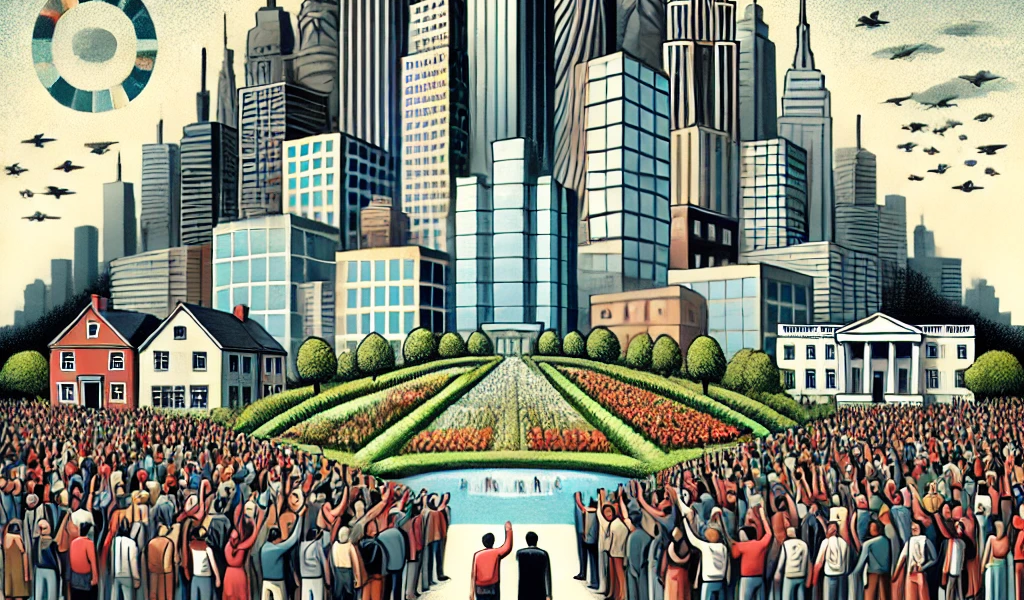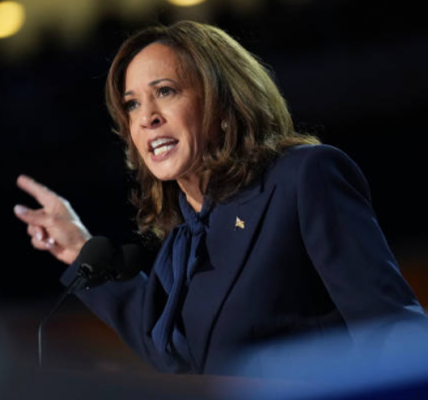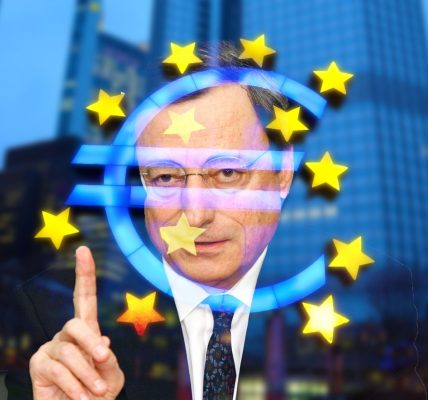A need for a change in paradigm
Although inflation has been kept under control during the last thirty years (Office for National Statistics, 2023), we have seen lately some pavlovian reactions to its sudden rise. Indeed, it is believed that inflation curbed in the early 90’s (Office for National Statistics, 2023), at the cost of high unemployment and a recession (Bloomberg – Are you a robot?). It is also believed that inflation was kept under control thereafter thanks to a deft use of interest rate rises by an independent Central Bank (Bank of England).
Although History Doesn’t Repeat Itself, but it Often Rhymes (Mark Twain), identical recipes have been applied in an attempt to tackle the recent hike in inflation rates. Ignoring the fact that inflation is supply-side driven (Stiglitz, 2023), and that it has had an excessive impact on some working classes that had been already disadvantaged during the last 10 years (How has NHS staff pay changed over the past decade? 1970). We will argue from an anthropological point of view, following French economists Michel Aglietta and André Orlean (Orléan, 1985; Aglietta,Orléan, 2002), that one should heed to the mimetic nature of human relationships which explains the interconnectedness of demand and supply, and the emergence of an anchor point.
Orlean has shown that, indeed, the widespread reciprocal imitation of human beings is conducive to the emergence of a fixed point. Be it prices, interest rates, or inflation rates. Any solution to the recent inflation rises, needs to address the issue of what action can help anchor inflation expectations at a desirable level. In a period of turmoil, when rational expectations cannot be taken for granted, political leadership should take priority.
Real-life example
Since February 2022, the increase in worldwide prices is said to be due to the invasion of Ukraine by Russia. However, we do not see this increase as a consequence of the war but as an increase in profits for the oligopoly that controls these prices. As of today, five companies – ADM, Bunge, Cofco, Cargill, and LDC – control nearly the entirety of the world’s food supplies. For example, these companies control as much as 80% of the global grain trade. It is clear that an oligopoly formed in such a vital market incentivizes an increase in equilibrium prices to the detriment of consumers. Over the past few years, these five companies have recorded impressive margins. From 2016 to 2020, ADM, Bunge, Cargill, and LDC increased their profits by 300%, 280%, 250%, and 280%, respectively (SOURCE). It is important to keep in mind that Ukraine only represented 30% of the world’s grain exports (SOURCE).
In the case of Russia, one might suspect that some price increases are intended to destabilize the food market of the European Union. However, if the price increases of foods supplied by large transnational companies had only reflected the rise in prices due to the war, their profit margins would not have evolved so spectacularly since the increase in their selling prices would have been strictly nominal. A profit margin corresponds to the percentage gain from selling a product relative to the purchase price. On this accounting basis, it can be rightly estimated that capital concentration in the food production sector is, nowadays, at the expense of consumers.
Change in Paradigm
One needs to acknowledge that we are in the middle of radical mutations on different levels. We need to move out of fossil fuels, our consumption habits are changing rapidly with e-commerce now accounting for 30% of the total retail market in the UK, up from 20% in 2022 (United Kingdom – eCommerce), and the working environment is shifting online.
New information, education and entertainment channels have spurred radical thinking. In this context the newly regained power of the unions is a positive development that should be encouraged, as it helps enhance a responsible and healthy interconnectedness with official representatives. This development is essential to reach the anchor point needed to rein in price inflation. What is eluding many political leaders, of all venues, is how in an ever more interconnected world they should rely on the collective intelligence earned by common citizens. There is no necessary link between political and economical liberalism.
Inflation will not be solved by some knowledgeable experts fiddling with interest rates. Inflation will be beaten by reviving “democratic capitalism”, or as Robert Reich (2015) put it, capitalism for the many not the few.






